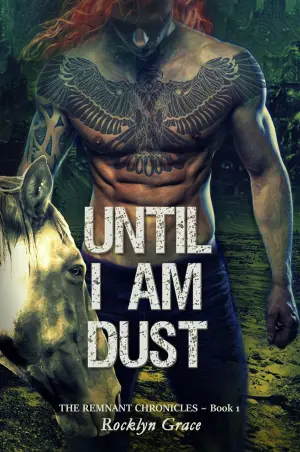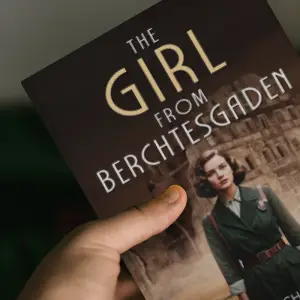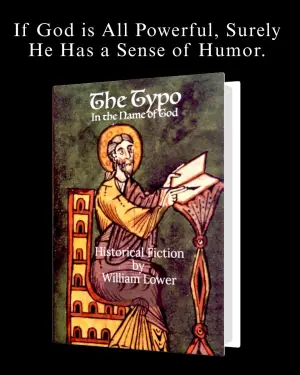Enchanted or Exasperated? A Look at “Cackle” by Rachel Harrison
There’s something undeniably spellbinding about the promise of a witchy tale, especially one that promises healing and a hint of romance. "Cackle" by Rachel Harrison was perched at the top of my fall reading list, buoyed by its intriguing premise and hints of magic swirling through the air. But as I turned the pages, I found myself wrestling more with frustration than enchantment. Let’s dive into why this one left me feeling a bit underwhelmed—while also wondering if I was the odd one out in my response.
At its heart, "Cackle" follows Annie, who retreats to a picturesque small town after a tough breakup with her long-term boyfriend. Enter Sophie, the enchanting woman who seems to have everything together, along with a dash of mystery that could set any witch’s heart aflutter. While the initial premise resonated with me—discovering oneself post-breakup through friendship and perhaps romance—the characters soon turned into a quagmire of toxicity that stifled my enjoyment.
Your experience with "Cackle" may hinge heavily on your sympathies for Annie, and, to put it frankly, I found her a hard character to champion. Annie’s whininess and endless lamenting over her ex became tiresome fast. More than just struggling with her heartbreak, she appeared to have no interests, hobbies, or sense of self beyond relationships, which drained the vibrancy from her character. It made me wish she’d pick up a book or take up a hobby rather than pining endlessly.
Sophie, the seemingly glamorous friend, initially read as a bold and empowering figure, but as her controlling and manipulative traits surfaced—taking over Annie’s phone, encouraging binge drinking, and even drugging—the enchantment fizzled out. The narrative offered a fascinating premise about female empowerment and self-discovery, yet Sophie’s abusive behavior painted shades of gray that made me question whether the story was meant to be a cautionary tale or a celebration of their bond.
Harrison’s writing is competent but left me wanting more. I listened to the audiobook, and the narrator certainly infused life into the story. However, the writing didn’t leap off the page for me; it felt pedestrian, especially during moments when I craved deeper exploration into the magic that was woven throughout the plot. The magic system, particularly how Annie transitions into her witchy powers, remained largely unexplained—a missed opportunity that hindered my immersion in the world.
While I appreciated the gothic vibes and the atmospheric setting peppered with food references, it sometimes felt like a grocery list rather than crafting the cozy autumnal ambiance I craved. Instead of inviting me in, it distracted me from the unfolding drama.
Ultimately, I see how "Cackle" might resonate with readers who root for flawed characters or appreciate dark humor entwined with feminist themes. But personally, I found myself stuck in a muddle of mixed feelings. The traditional elements of character growth felt misaligned with the behavior we witnessed, leaving me with questions about what message readers were meant to take away.
For those who enjoy stories of moral ambiguity or perhaps revel in characters being unlikable, "Cackle" might offer a unique reading experience. But if you’re hoping for a heartwarming tale of friendship and witchcraft, you may find yourself exasperated, as I was. As I close this chapter, I’m curious to see how others will interpret Annie and Sophie’s journey—after all, literature is an ever-evolving conversation, and perhaps I’m just caught in a whirlwind of conflicting opinions.
[ad_2]






